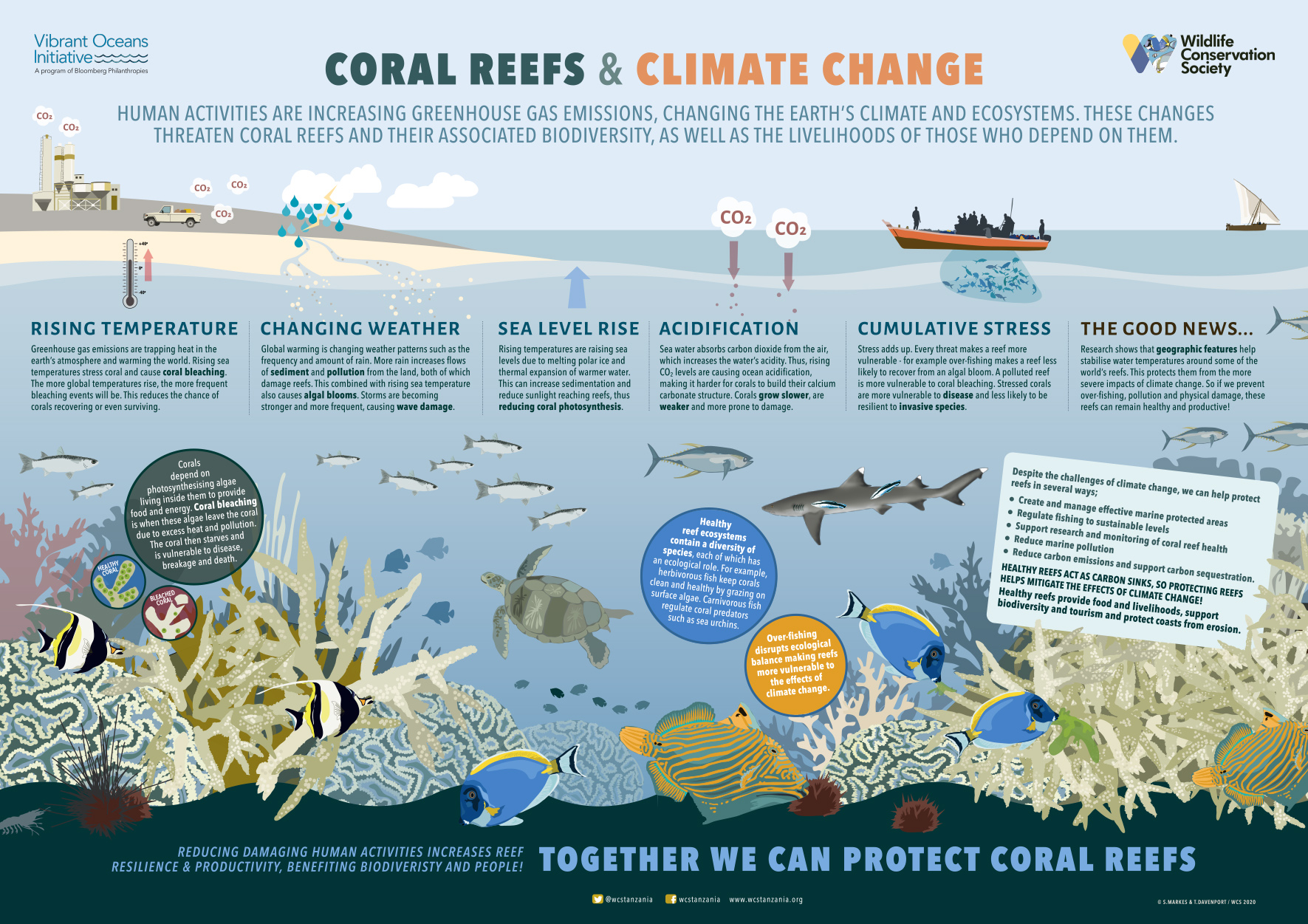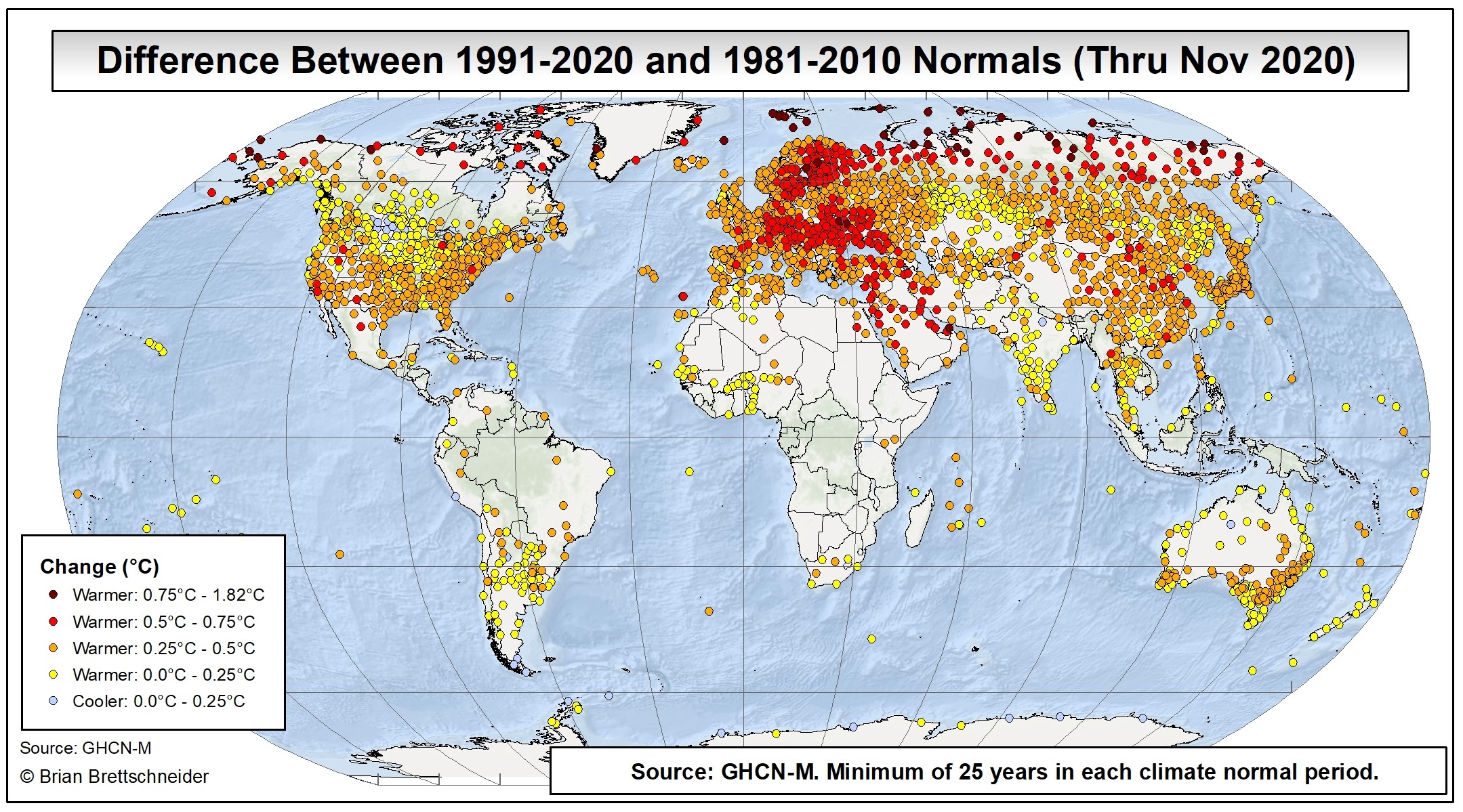As global temperatures continue to rise, so too do concerns about the health of our oceans and the ecosystems they support. The effects of rising temperatures on marine life are wide-ranging, from bleached coral reefs to destabilized food chains. Here are just a few ways that rising temperatures threaten our oceans:
Coral Bleaching:
Coral reefs are some of the most diverse and complex ecosystems on the planet, supporting millions of species of marine life. However, coral reefs are highly sensitive to changes in temperature. When the water around them gets too warm, the symbiotic algae that live in their tissues are expelled, turning the corals white and leaving them vulnerable to disease and death. This process, called coral bleaching, has become increasingly common in recent years as global temperatures continue to rise.
Sea Level Rise:
As temperatures rise, so too do sea levels. This not only threatens coastal communities, but also the delicate balance of ecosystems that support marine life. As sea levels rise, shorelines and wetlands are eroded, habitats are destroyed, and saltwater intrusion can lead to the degradation of freshwater resources. This can have a profound impact on species that rely on these habitats for breeding, feeding, and other critical life functions.
Shifts in Marine Food Chains:
Rising temperatures can also lead to dramatic shifts in marine food chains, with potentially catastrophic effects for both marine and terrestrial species. As waters warm, some species may expand their ranges while others contract, leading to changes in predator-prey relationships and competition for resources. This can lead to localized extinctions, as well as the destabilization of entire ecosystems.
Overall, the effects of rising temperatures on marine ecosystems are complex and interconnected. Addressing this issue will require a comprehensive approach that takes into account not just the ecological impacts but also the social and economic implications. If we don’t take action soon, the health of our oceans and the species that call them home will be in jeopardy. Together, we can work towards a more sustainable future for our planet and its inhabitants.











